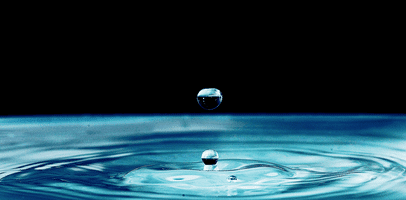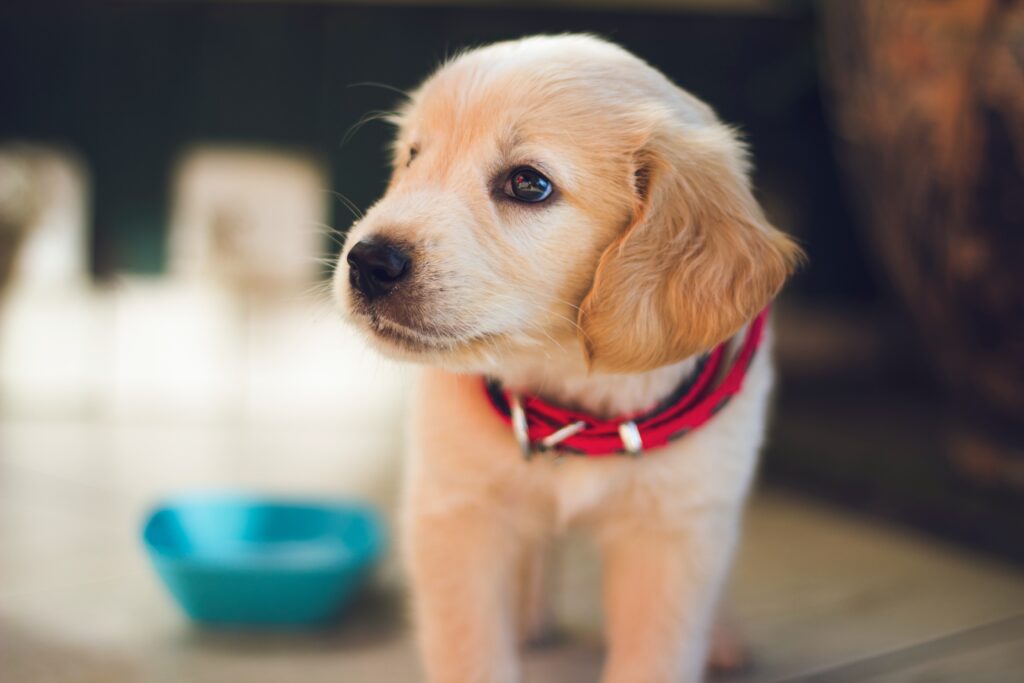Water is the most important nutrient in a dog’s diet – absolutely essential for life. Although we often focus on choosing the right food, we forget that it is water that ensures the proper functioning of the entire body. What is the real need for water in a dog, how to recognize dehydration and what to do when a dog is reluctant to drink water – read in the article below.
How much water does a dog or cat need?
The minimum water requirement of a dog, i.e. the so-called absolute requirement, is between 50 and 60 ml for each kilogram of body weight. For example, a dog weighing 10 kg needs at least 500-600 ml of water per day.
Formula:
Dog body weight (kg) × 50-60 ml = daily water requirement
However, that’s not all – the amount of water a dog needs to drink is also affected by the type of food it receives. Wet food or home-cooked meals contain a lot of water (50-85% of their weight), which reduces the amount of water your pet needs to drink additionally. Dry food, on the other hand, contains only 8-10% water, so dogs or cats eating a “dry” diet need to drink much more.
Pattern:
Relative Water Requirement = Absolute Requirement – Amount of Water in Meals
Example:
The dog weighs 10 kg → absolute requirement: 500-600 ml
Gets wet food that contains 400 ml of water per daily dose
Relative requirement: 100-200 ml additional water to drink
When does an animal need more water?
There are situations in which the demand for water increases significantly:
- hot weather or high physical activity
- Pregnancy and lactation
- diarrhoea, vomiting, bleeding
- kidney disease or diabetes
- fever
Signs of dehydration in an animal
Dehydration can be dangerous to your dog’s health and sometimes life-threatening. Here are the most common symptoms to look out for:
- intense panting without physical exertion
- apathy, drowsiness, weakness
- dry nose and sticky/dry gums
- loss of skin elasticity – the fold of skin on the back of the neck does not return to place quickly
- Constipation
- vomiting, diarrhea
- reduced urination – especially visible in the cat’s litter box
- Dehydrated animals often have less appetite
If you notice these symptoms, you should immediately keep your dog or cat hydrated, and consult your veterinarian if necessary.
How to encourage a dog or cat to drink water?
Not every dog or cat is willing to drink the right amount of water. Here are some proven ways:
- Place water bowls in several places around the house – let your pet always have access
- Serve water in a clean bowl – change it at least twice a day
- Replace the bowl with a special fountain – many dogs or cats are more likely to drink running water (and additionally filtered)
- Add water to dry food, soak long enough to soak it up
- Give your dog homemade broth (from cooking meat without spices) or water with the addition of such broth for the cat – remember that it should be lean meat so as not to give too much fat
- Add to the water, for example, a seedless watermelon, melon or other fruit that the animal likes – crush it so that it releases the juice into the water.
- Give ice cubes to lick your cat – you can try it on your dog – but he can’t chew or swallow them.
- For your cat, you can look for special drinks or preparations to strengthen the hydration of your dog or cat – they are often available in sachets, these are the forms of soup or drink, smoothie, etc. Or make it yourself at home. Special veterinary products are also available for cats that affect the water supply.
Summary
Proper hydration of a dog or cat is one of the basic pillars of its health. Calculating your water needs is simple, but it requires daily care. By making sure that your pet drinks the right amount of water, we support its digestive system, kidneys, thermoregulation and overall condition. Even slight dehydration can cause serious health consequences – so it is worth knowing how to prevent it.
The material is the property of Smart Solution Bożena Wróblewska. Copying and distribution is prohibited.

